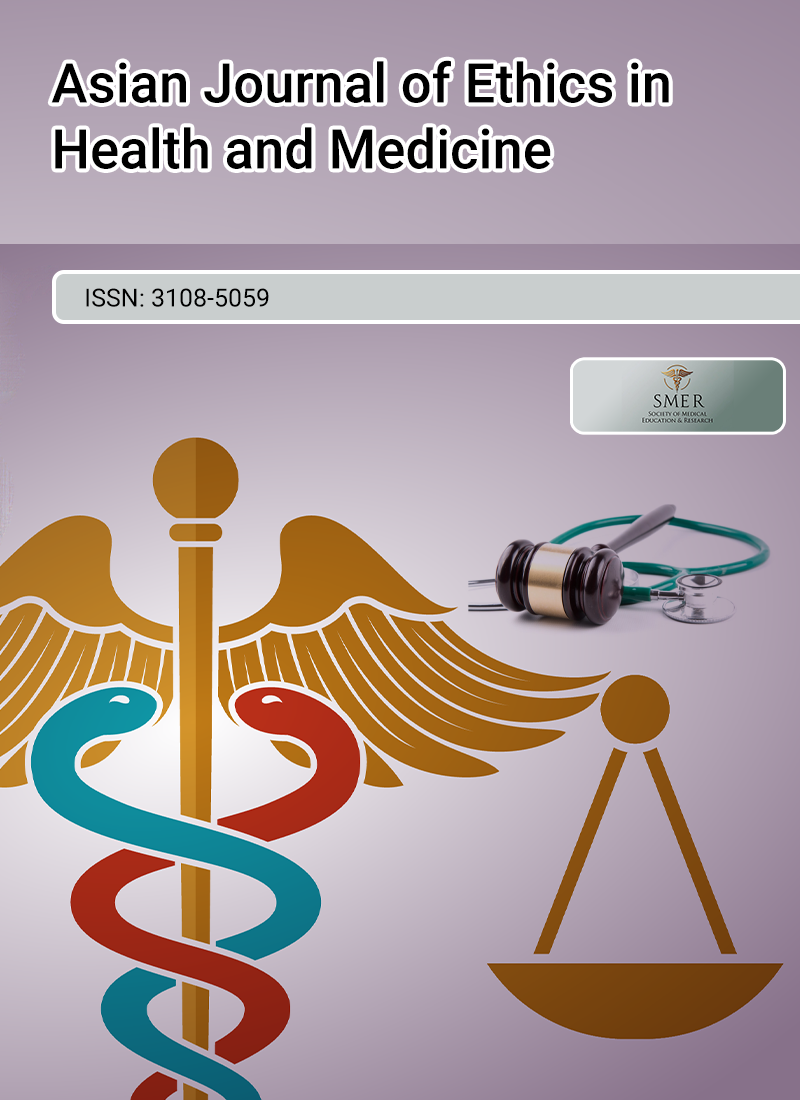
This study qualitatively examined how addiction physicians perceive safer injection education for people who inject drugs, focusing on three aspects: (1) potential ways to introduce such education within medical settings, (2) how it aligns with each physician’s fundamental values and professional aims, and (3) the underlying causes of ethical conflicts surrounding its implementation. Semi-structured interviews were conducted with eleven French physicians working in addiction medicine, across both clinical treatment and harm reduction contexts. Participants consistently supported educational interventions for people who inject drugs, though the type of intervention ranged widely—from offering general guidance to supervising injection practices. Interventions involving hands-on or material aspects of injection were generally viewed as less acceptable. Some physicians argued that in clinical environments, where patients primarily seek to stop drug use, providing safer injection education is inappropriate. In contrast, others maintained that it is a fundamental responsibility of addiction physicians in all settings. The ethical dilemmas linked to delivering such education were described as multifaceted, influenced by societal perceptions of intravenous drug use and expectations regarding physicians’ professional conduct. Addiction physicians’ perspectives reveal that safer injection education is a deeply charged topic within France’s structured addiction management system, reflecting the complex history and challenges of the country’s harm reduction policies.